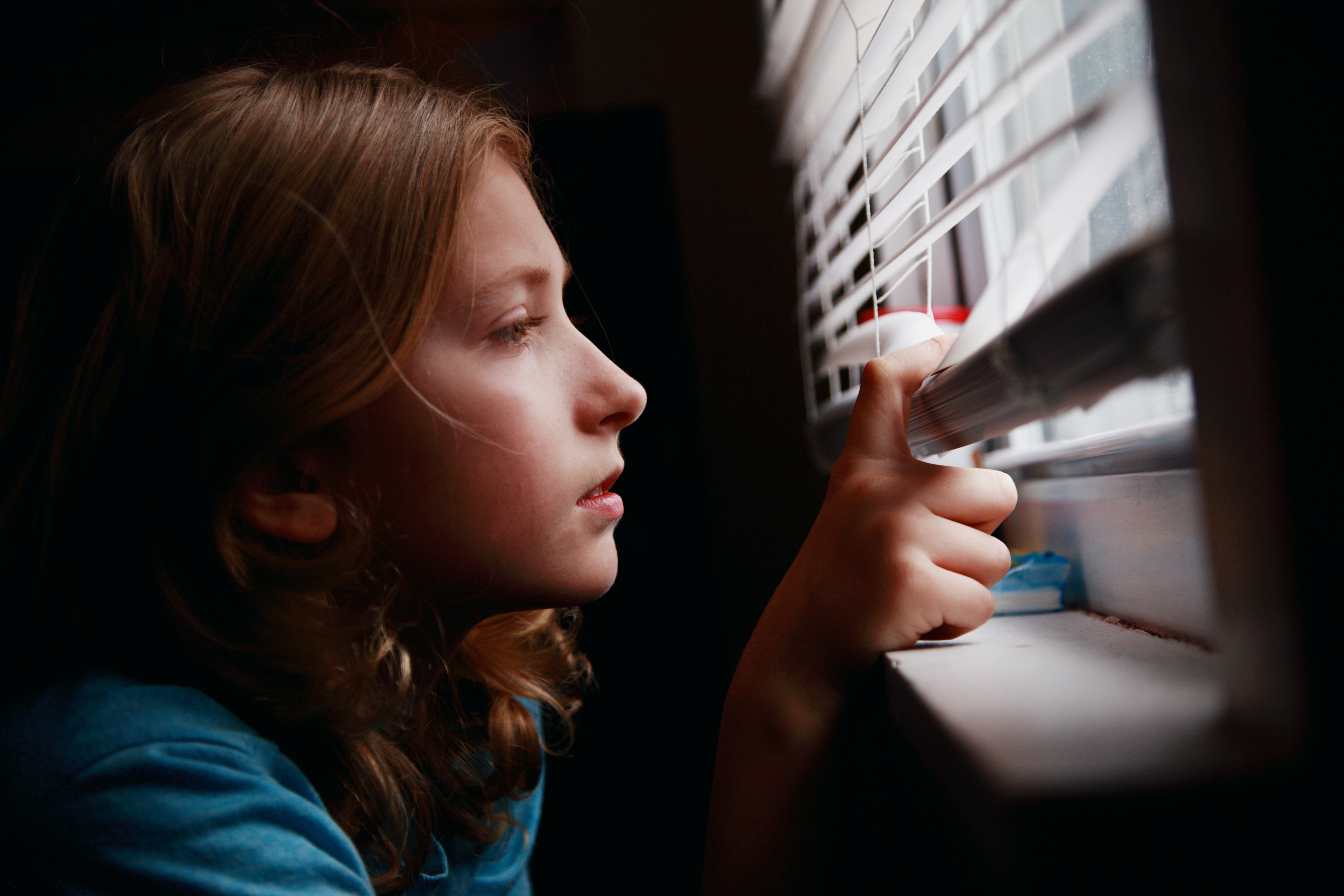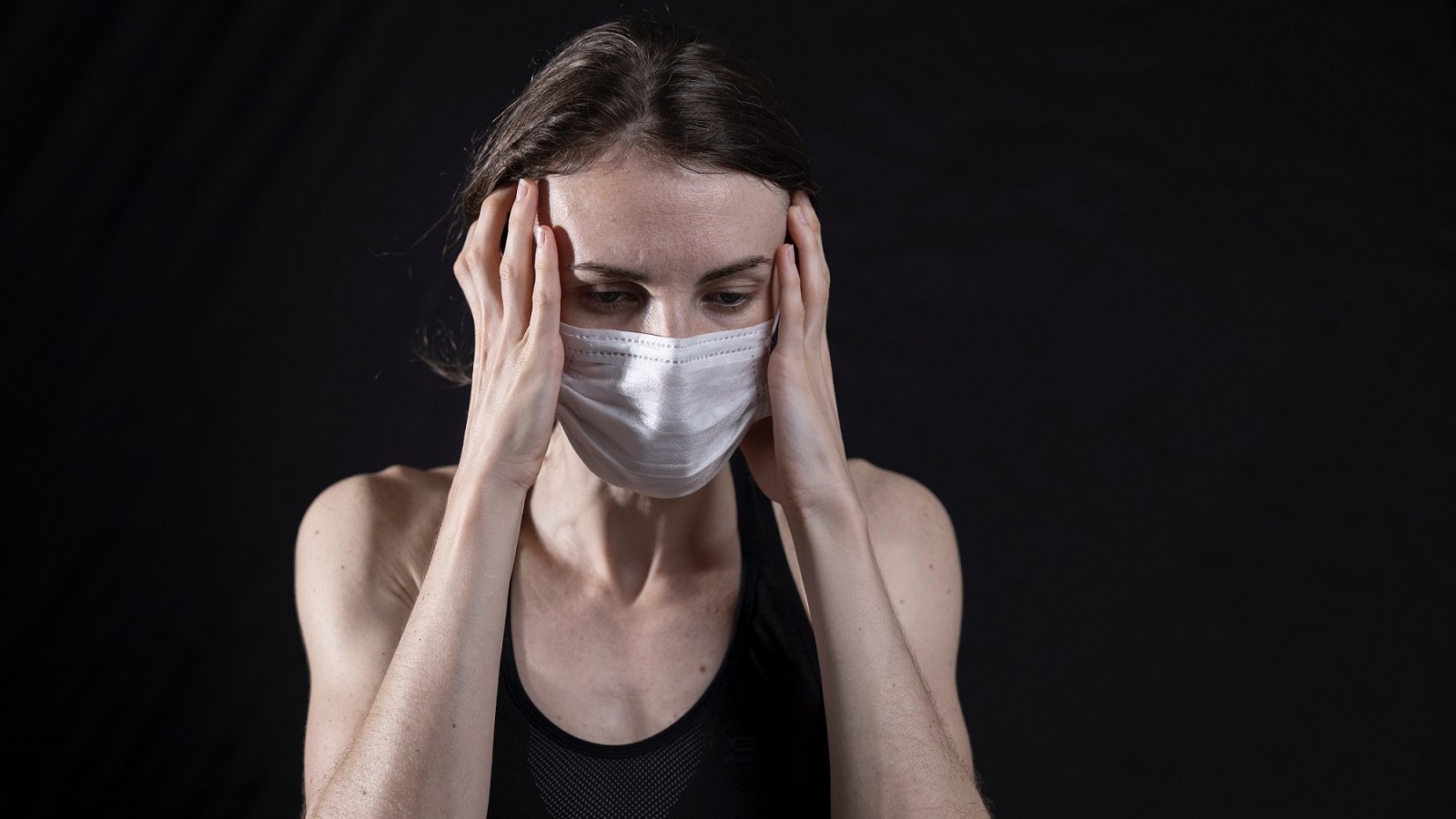Over the past 18 months, the world has experienced a great amount of disruption. The COVID-19 virus has made many lives difficult. The virus has stopped society’s freedoms, to move, socialise and earn a living, to name some. Additionally, the pandemic has created a great amount of fear for people’s health on a large scale. Over this time, Melbourne in Australia has had the longest time of restrictions in the world. With a population of around 5 million people, the metropolitan area spreads over 100km from East to West. The data reports that Melbourne has had over 44,0000 cases of COVID-19 and 877 deaths. These numbers appear alarming. Without restrictions, it is likely more deaths or hospitalisations would have occurred. This would have placed an unmanageable burden on the public health system.
With cases found by tests in urban areas, it is likely that the spread of the virus would have disrupted life even more. With 92% of Victorians living in metropolitan Melbourne, there is a large amount of people who are affected by restrictions. As a result of disruption to work, social life and fear caused, there has been an emerging and growing mental health crisis. In the last year, 45.7% of Victorians reported experiencing either high or very high levels of Psychological distress. Also, Australian Institute of Health and Welfare reports that loss of work, social life and home school and work, have affected the mental health of Australians. Further, the stress associated with the possible spread of the virus has created further anxiety. This coupled with fear of illness and death has made it worse. Checking daily case numbers has added to the stress and anxiety. Despite this, there are few proactive measures in place to address the mental health crisis. The COVID-19 crisis highlights the need for post-pandemic mental health provisions.

Why COVID-19 has led to poorer mental health outcomes
You might be wondering why you have struggled with your mental health during this time. Working from home, or home schooling kids is not that bad right? With flexible working arrangements, you get to spend more time with your loved ones, and more time for household duties. The thing is, when people are isolated or restricted in movement, there are vital elements of our daily functioning that are missing. The need to find or maintain a sense of belonging in a physical location is important. Whether it be a workplace, place to learn, or even places of worship. Further to this, face-to-face human interaction is vital for humans to maintain real connection with each other, as a core need. In short, people need a place to go each day, to connect with others and to feel a sense of belonging in the world. Without this, many people have lost a sense of purpose in life. Others have become stuck in the repetition of working, schooling, eating and sharing the whole of life in the home environment. Research has shown that too much time at home in isolation can lead to depression, fatigue and burn out for some. The loss of activities and social life has had a major impact on many people’s mental health.

How to manage your mental health during the pandemic?
While much of these experiences seem hopeless, there is hope. In fact, there is another side to this story. There are many stories of how some of the population have faired rather well during this time. You might be wondering, how is that so? There are people who been able to utilise a range of strategies to keep their mental health in check. With life slowing down, many people have been able to start new hobbies and projects. Also, many people have been able to manage their mental health with helpful routines and strategies. There are various strategies to help increase your sense of wellbeing. Here is a list of 10 simple ways to take better care of your mental health:
Top 10 coping strategies
- Taking time out for yourself everyday to relax and unwind.
- Making sure you are getting enough sleep, each night (aiming for 7-9 hours).
- A daily routine with variations in the day, that includes social interactions where possible
- Having rest days too, when needed.
- Keeping your mind occupied, with interesting reading, writing or drawing.
- Being active each day through walking or yoga, for example.
- Going out into nature everyday, even for a quick walk. • Spending time with your family and friends each day.
- Having a hobby or project to work on during the pandemic.
- Understanding that your energy levels may be lacking. It is important to be gentle with yourself, acknowledging that you may not be able to work to your full capacity.
And making sure you seek mental health support where possible.
Where to from here?
There are many ways people have coped with COVID-19. Some individuals have even found the pandemic beneficial in their personal lives. Despite this wonderful range of coping strategies, others have struggled. At times, it has been difficult for clinicians themselves to cope with demands on their work. For some of us, it may take time before we can feel like our usual selves again. If you are not coping, make an appointment with your local doctor, and seek support. There are a range of supports, including mental health coaches who are there to help. Mental health coaches provide holistic support to help get your life back on track.
With the restrictions ending soon in Melbourne, there is hope that people will regain their quality of life back to normal again. It is important for everyone to take care of themselves during this time. Managing your mental health during the pandemic requires strategies to cope and adapt. There is an opportunity to turn a difficult time, into an inspiring new part of your journey, while living within restrictions.

Founder Deeper Potential
Part Founder of Create Balance Courses.


